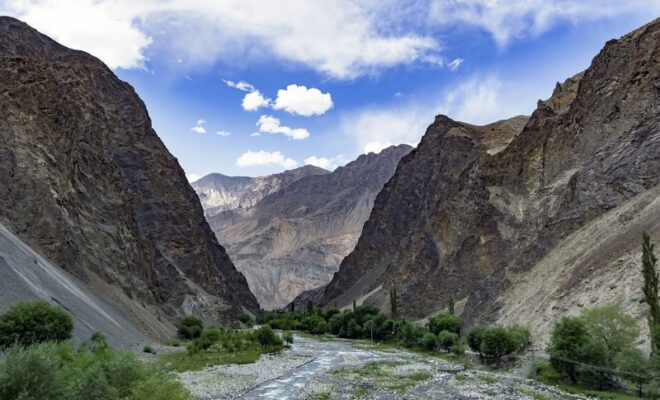Parliamentary panel calls for renegotiating Indus Water Treaty

Last updated on August 9th, 2021 at 10:00 am
A parliamentary panel has called on the union government to renegotiate the Indus Water Treaty with Pakistan in order to better address the impact of climate change and global warming on water availability in the river basin.
On Thursday, the Standing Committee on Water Resources tabled a report before the Lok Sabha, making wide-ranging recommendations to strengthen the Indus Water Treaty in view of current circumstances. Discussing the report, the committee advised the government to explore potential ways to maximize the use of the treaty’s provisions in terms of complete utilization of accessible water as well as irrigation and hydropower opportunities through the river.
Need for overhaul
The panel observed that the treaty was “framed on the basis of knowledge and technology existing at the time of its agreement in the 1960s,” adding that it stood the test of time. However, considering the duration of the treaty, the committee recommended the government to take into account present-day challenges including climate change, global warming, and environmental impact assessment along with river management and optimum usage of water under the treaty.
In this regard, the panel underlined the need to renegotiate the treaty with the neighboring country with the aim of establishing a designated institutional structure or legislative framework to address the impact of climate change on water availability in the Indus basin among other challenges.
Related Posts
“The Committee urges the Government of India to take necessary diplomatic measures to renegotiate the Indus Water Treaty with Pakistan,” the Committee said in its report.
The Indus Waters Treaty was signed between India and Pakistan in 1960 to allow equitable access to waters of the eastern rivers (Sutlej, Beas, and Ravi) and western rivers (Indus, Jhelum, and Chenab) between the two countries.
Monitor China’s action
The committee further recommended the government to ensure constant monitoring of China’s actions on the Brahmaputra river to prevent any unprecedented interventions that could impact India’s national interests. While there is no formal water treaty between India and China, several Memoranda of Understanding (MoUs) have been signed between both sides on sharing of waters of Brahmaputra and Sutlej rivers which are renewed on a regular basis.
Responding to the committee’s recommendations, the Ministry of External Affairs affirmed that it is continuously monitoring all developments on the Brahmaputra. The MEA added that it is regularly communicating with the Chinese authorities to ensure the safe and secure operation of activities along the river in the national interest.
“China has conveyed to India on several occasions that they are undertaking run-of-the-river hydropower projects which do not involve diversion of the waters of the Brahmaputra,” the MEA said in its response to the committee.



